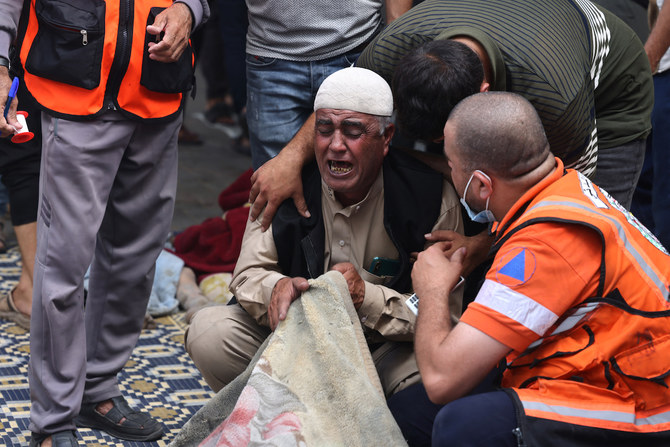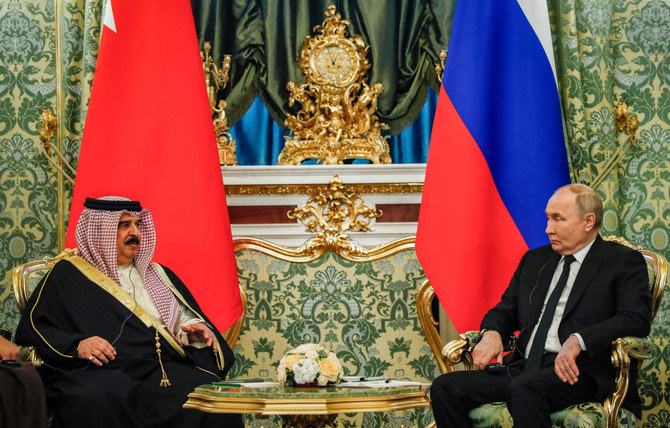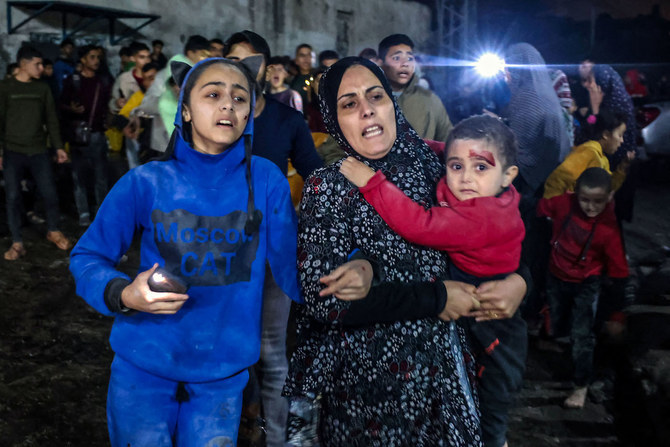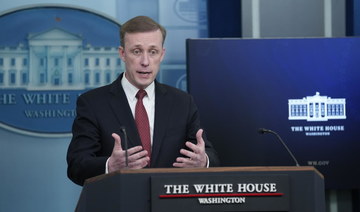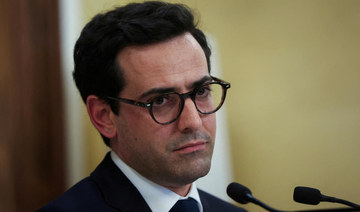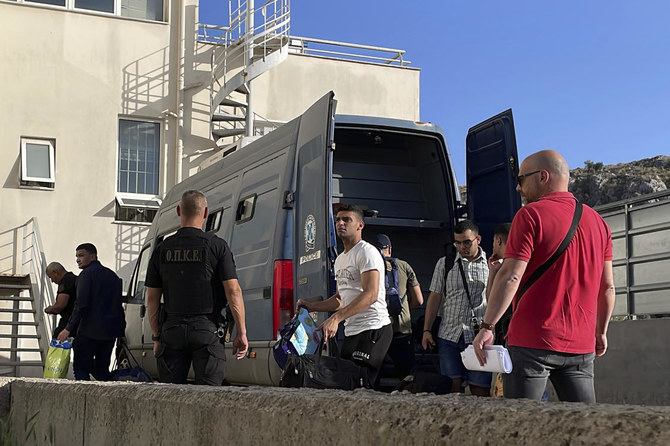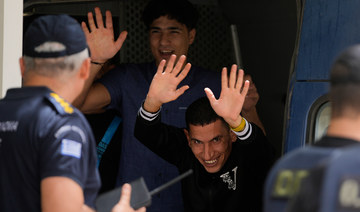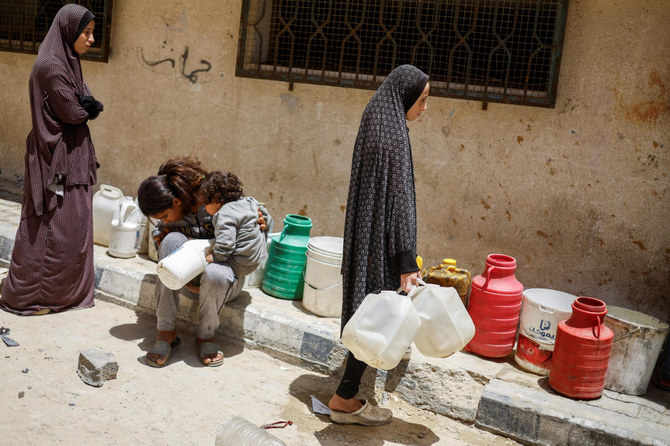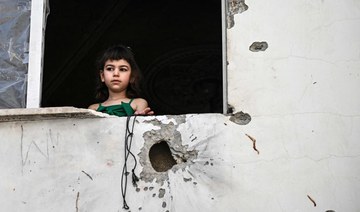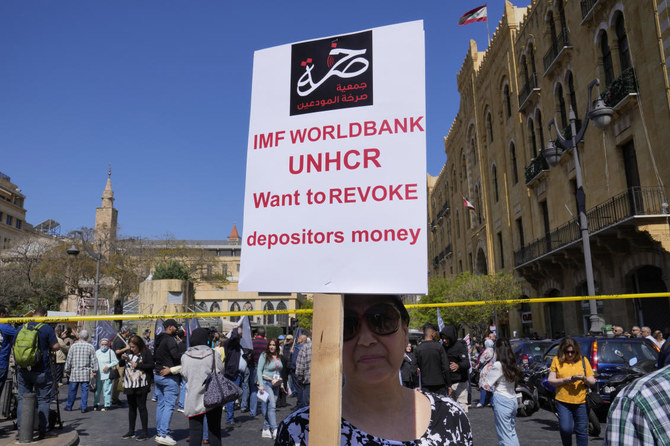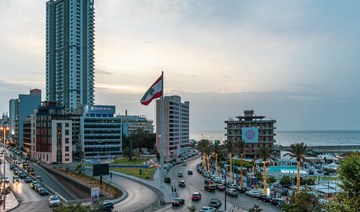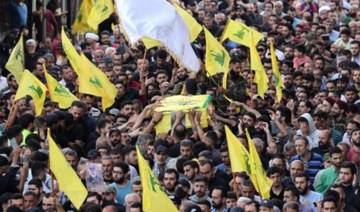AMMAN: Jordan’s King Abdullah will host a summit on Wednesday involving US President Joe Biden, Egyptian President Abdel Fattah El-Sisi, and Palestinian President Mahmoud Abbas.
According to the Jordanian Royal Court, the meeting will focus on the “dangerous” developments in Gaza and their repercussions on the region, and will also work toward establish a political horizon that will revive Mideast peace process.
In separate meetings with the three leaders, the king will discuss ways to end the violence in Gaza, and the need to dispatch relief and humanitarian assistance to the besieged enclave, according to Royal Court.
The king will also hold a trilateral summit with El-Sisi and Abbas, it said.
“On Wednesday, I’ll travel to Israel to stand in solidarity in the face of Hamas’s brutal terrorist attack. I’ll then travel to Jordan to address dire humanitarian needs, meet with leaders, and make clear that Hamas does not stand for Palestinians’ right to self-determination,” Biden wrote on X.
White House National Security Council spokesman John Kirby said the US leader will travel to Jordan after making a wartime solidarity visit to Israel on Wednesday.
King Abdullah has begun a European tour to the UK, Germany, Italy and France, where he stressed the need to end bloodshed in Gaza, and open humanitarian corridors to send aid to people in the enclave.
During a recent meeting with UK Prime Minister Rishi Sunak, the Jordanian ruler said that denying food, water and electricity to innocent civilians in the Gaza Strip is a war crime that the world must condemn and denounce.
Meeting in Berlin with German President Frank-Walter Steinmeier, King Abdullah also condemned attempts to forcibly displace Palestinians, saying that such moves would plunge the region into another disaster, and a new cycle of violence and destruction.
Jordan is home to more than 2 million registered Palestine refugees, according to UNRWA.
The country is concerned at what it describes as attempts to create a “substitute homeland” by thwarting the Palestinian cause and transferring Palestinians eastward into its territory.



